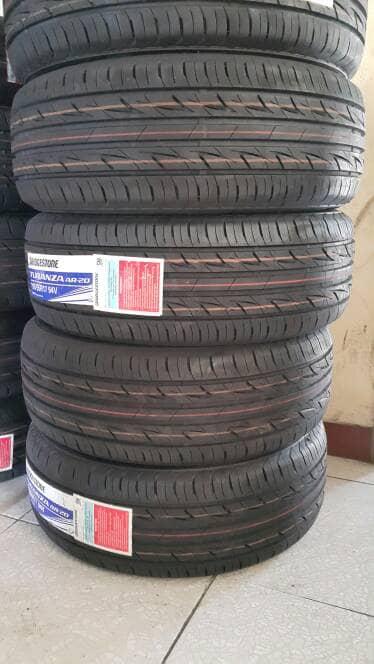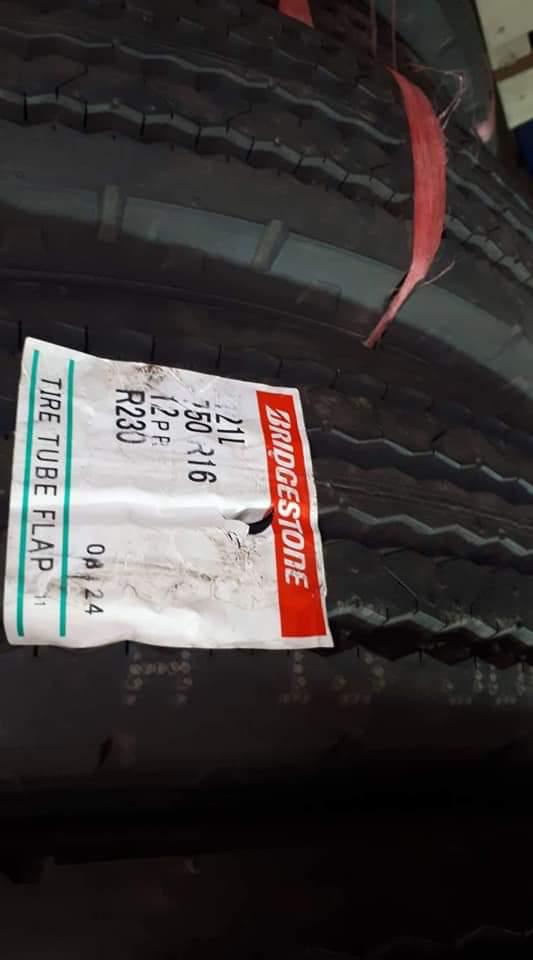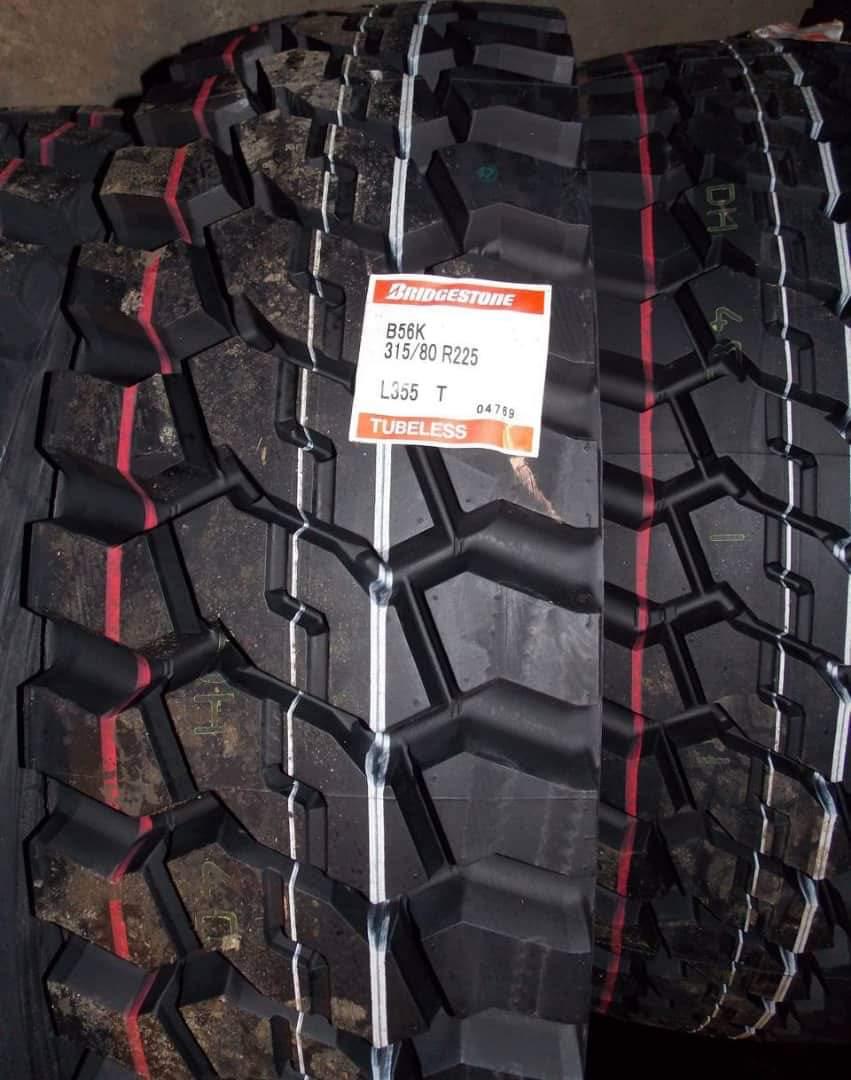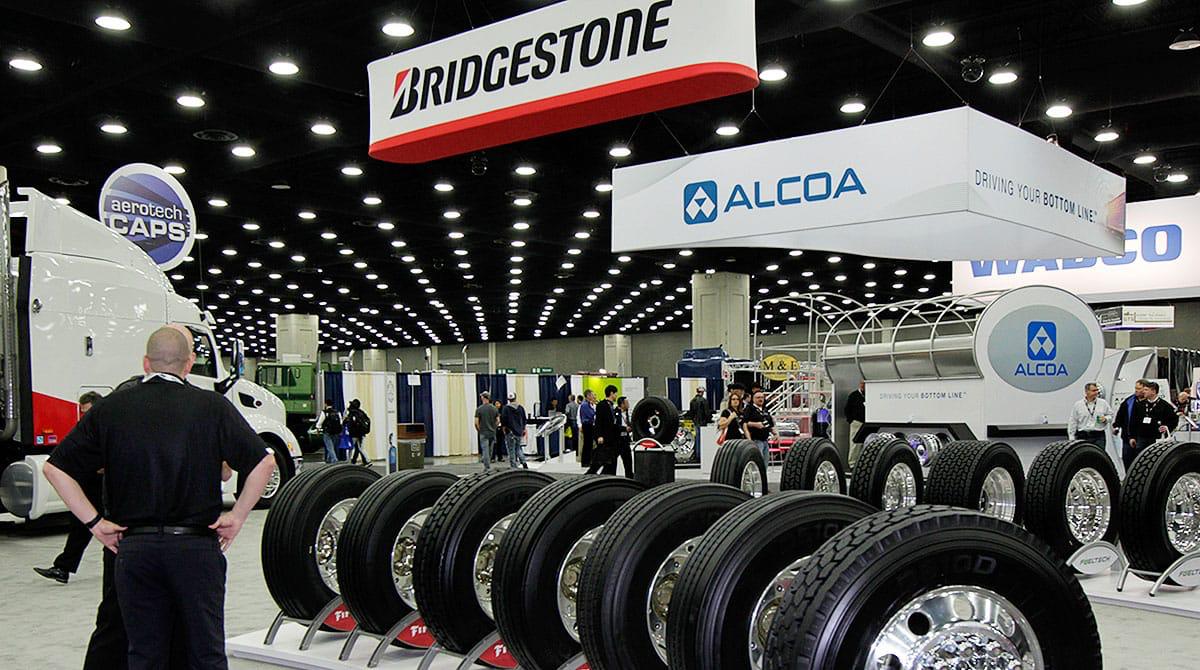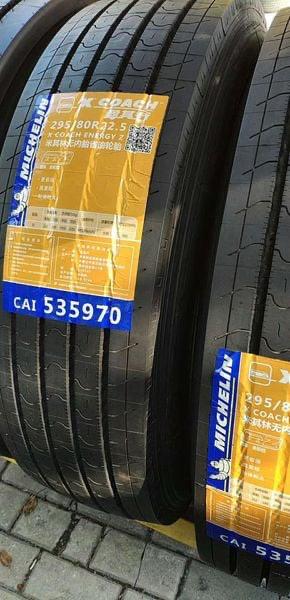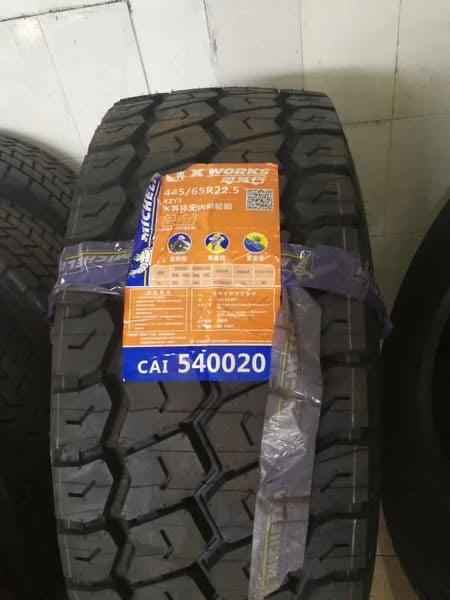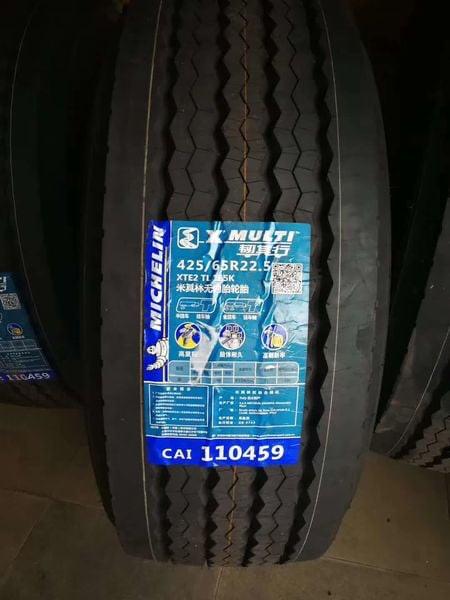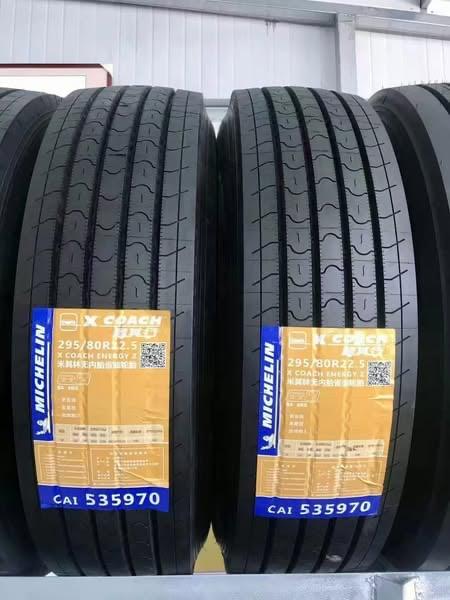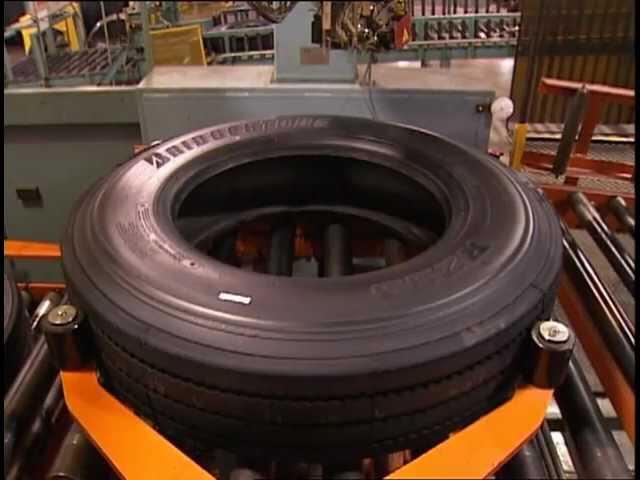Choosing the right truck tires is crucial for several reasons, as they directly impact safety, performance, efficiency, and cost-effectiveness. Here are the key reasons why selecting the correct tires is essential:
1. Safety and Stability
- Traction and Grip: Proper tires ensure good traction, reducing the risk of skidding, hydroplaning, and losing control, especially on wet or slippery roads.
- Load Bearing Capacity: Truck tires are designed to carry heavy loads, so it’s important to choose tires with the correct load rating to prevent tire failure and ensure stability, particularly for long hauls.
2. Fuel Efficiency
- The right tire can improve fuel economy by minimizing rolling resistance. Tires with lower rolling resistance require less energy to move, which means the truck uses less fuel, reducing overall operating costs.
- Over-inflated or under-inflated tires can cause more friction, reducing fuel efficiency.
3. Tire Longevity
- Properly chosen and well-maintained tires last longer, reducing the frequency of replacements. For instance, selecting tires suited for specific conditions (like long-distance vs. city driving) helps avoid premature wear.
- Choosing tires with good tread patterns suited for the terrain and climate conditions will improve wear resistance.
4. Load Handling and Performance
- Truck tires are designed for specific applications—whether long-haul, short-haul, or off-road. Tires designed for highways provide low rolling resistance, while tires built for construction or off-road use offer more durability and traction on rough terrain.
- Different tire patterns (e.g., ribbed, lugged, or block treads) are tailored to specific driving conditions. Choosing the right pattern ensures better performance, especially when maneuvering under heavy load conditions.
5. Cost Efficiency
- Choosing tires based on the specific needs of your fleet or operation can lead to cost savings in both the short and long term. While it may be tempting to buy cheaper tires, investing in quality tires with the right specifications can reduce the likelihood of accidents, downtime, and repair costs.
- Preventing tire wear that might require frequent replacements saves money on maintenance and ensures the truck remains in good working condition.
6. Environmental Impact
- Tires that are designed to optimize fuel consumption not only save you money but also reduce your carbon footprint by decreasing the amount of fuel consumed. Proper tire inflation and the right type of tire for your truck’s use can also reduce harmful emissions.
7. Compliance and Legal Requirements
- In many regions, trucks must meet certain legal standards regarding tire specifications. This includes the correct tire size, load index, and tread depth. Failure to comply could result in fines or safety violations.
- For fleets, the right tires ensure that your trucks are compliant with government regulations and industry standards.
8. Weather and Terrain Conditions
- For trucks that travel through varied weather conditions (e.g., snow, rain, or extreme heat), choosing tires designed for specific climates (like winter tires) can significantly improve traction and performance.
- Off-road trucks require tires designed for rough terrains, which helps avoid tire damage and maintains vehicle efficiency on difficult surfaces.
Conclusion:
By selecting the right truck tires based on the application, weather, load, and road conditions, you’re ensuring safety, improving performance, enhancing fuel efficiency, and maximizing the overall life of your tires. Always consult with tire specialists or manufacturers to find the best tires for your vehicle’s needs.


